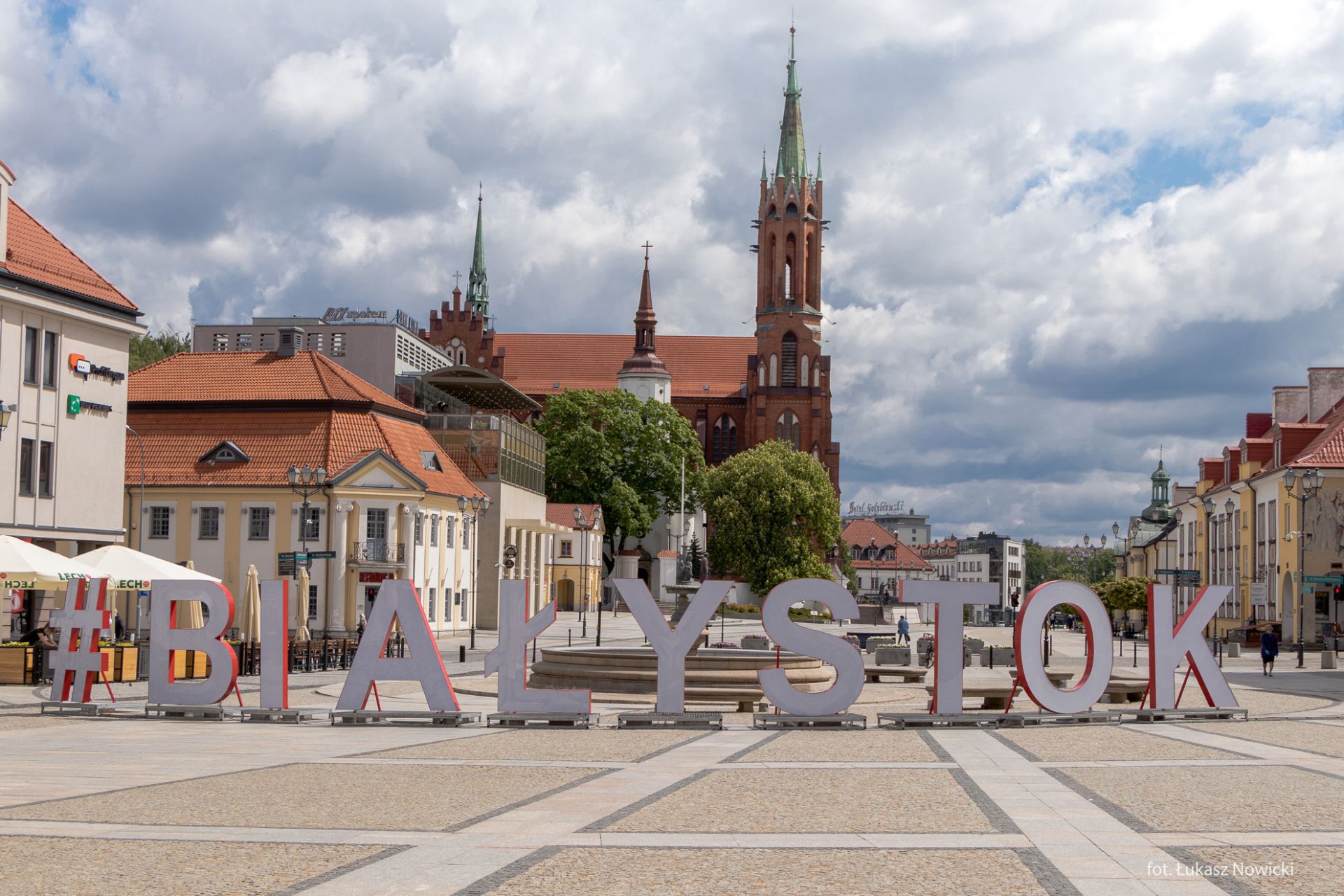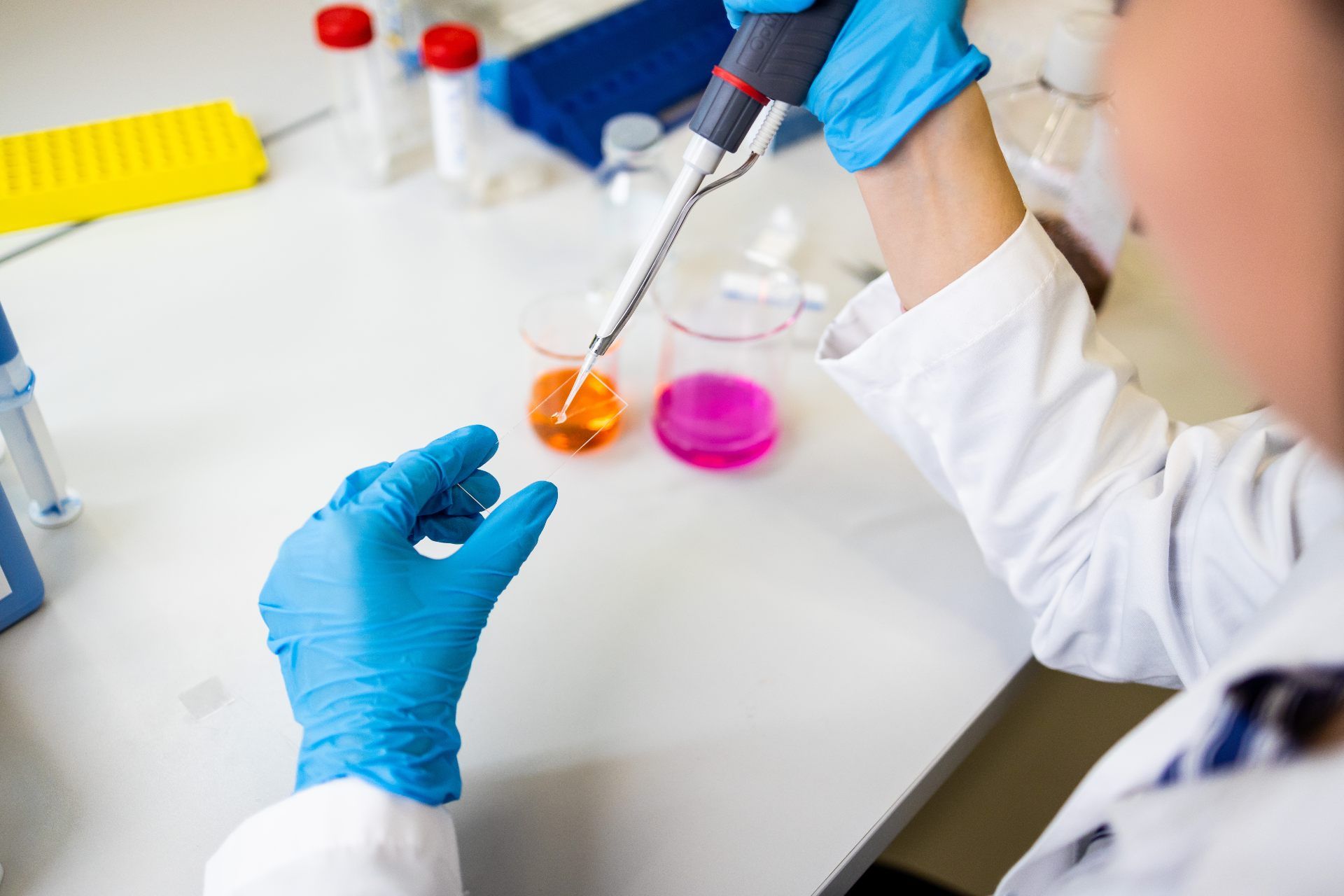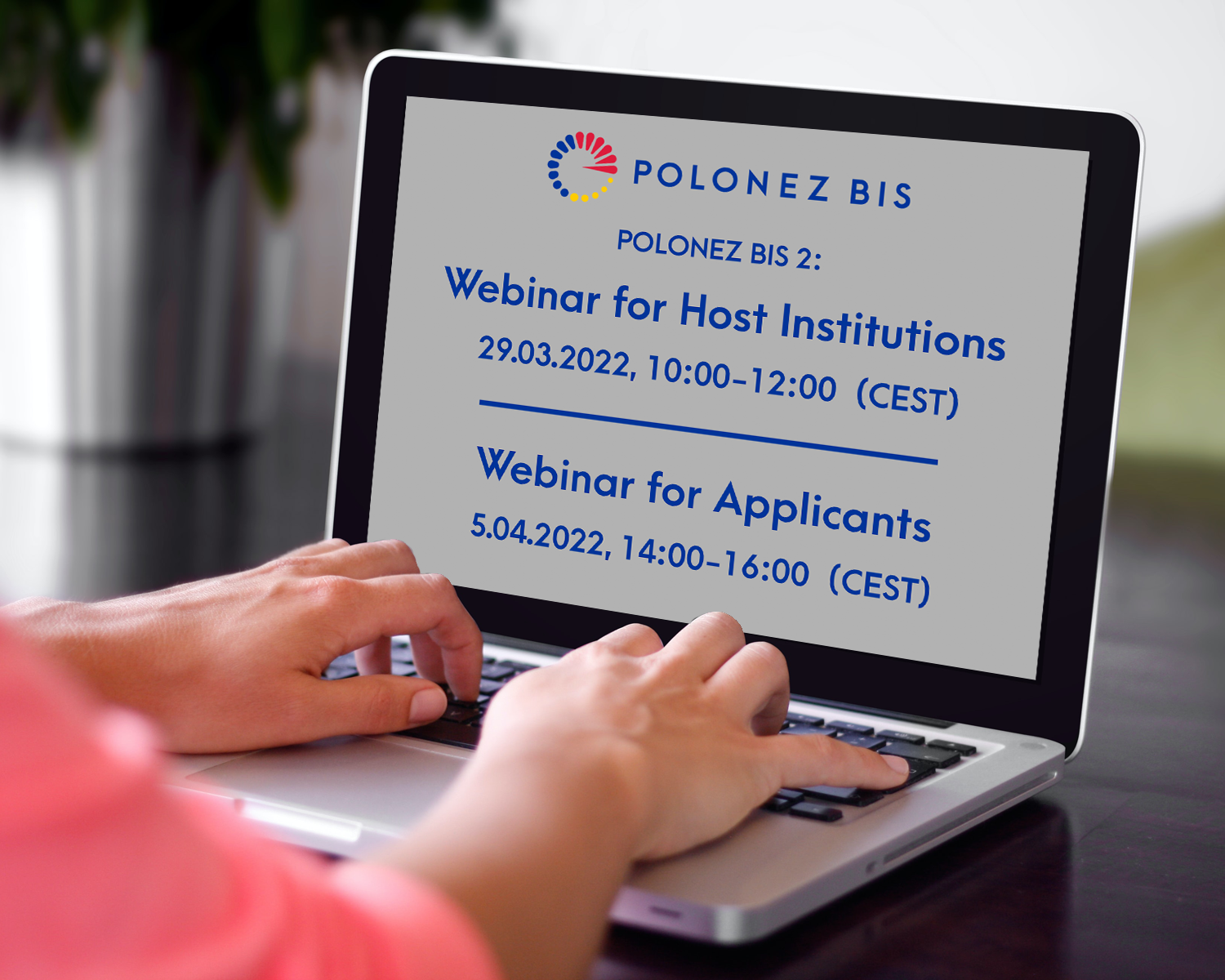28 березня 2022 року
Анонс програми
ПРОДОВЖЕНННЯ ДОСЛІДЖЕНЬ В ПОЛЬЩІ ДЛЯ ДОСЛІДНИКІВ З УКРАЇНИ
Національний науковий центр оголошує програму, орієнтовану на науковців з України, які внаслідок агресії Росії проти України знайшли притулок або знайдуть притулок у Польщі. Метою програми є підтримка науковців шляхом створення для них можливостей працевлаштування в польських наукових установах та продовження ними досліджень.
Дослідник, який приєднується до програми, повинен відповідати таким вимогам:
- має принаймні ступінь кандидата наук або еквівалентну кваліфікацію (в українській системі Candidate of Science);
- до початку війни працював у науковому підрозділі в Україні;
- внаслідок війни залишив Україну 24 лютого (або пізніше) або має намір залишити Україну.
Працевлаштування наукового співробітника має бути заплановано на 12 місяців на підставі трудового договору на повну зайнятість із винагородою на загальну суму 100 тис. злотих. (включає витрати на оплату праці, включаючи внески на соціальне та медичне страхування, а також інші елементи винагороди, що фінансується даним суб’єктом). Крім того, ви можете запланувати фінансові ресурси для наукового дослідження на суму не більше 30 тис. злотих.
У заяві, окрім вченого, який планує працевлаштуватись, слід також вказати наукового керівника, який працює у заявника і проводить дослідження в тій самій або суміжній галузі, яку представляє дослідник. Науковий керівник дослідника не може бути бенефіціаром коштів, що фінансуються за програмою.
Бюджет програми: 6 млн. злотих
Заявка подається тільки в електронній формі через ePUAP на адресу електронної скриньки ННЦ: /ncn/SkrytkaESP згідно з процедурою подання заявок.
Кінцевий термін подання заявки: 28 березня – 26 квітня 2022 року (до кінця дня)
Результати: рішення про присудження коштів буде прийнято протягом 1 місяця з дня подання заяви до ННЦ. У обґрунтованих випадках термін буде продовжено до 3 місяців.
28 March 2022
Call Text
FOR RESEARCHERS FROM UKRAINE ALLOWING THEM
TO CONTINUE RESEARCH IN POLAND
The National Science Centre is launching a scheme addressed at researchers from Ukraine who took or will take refuge in Poland after the Russian invasion of Ukraine. The purpose of the scheme is to support researchers by creating employment opportunities at the Polish research institutions and allowing them to continue research.
Researchers who meet all of the following conditions are eligible to participate in the scheme:
Researchers should be employed full time, pursuant to an employment contract, for a period of 12 months, with total remuneration of 100,000 PLN (including non-payroll labour costs, such as social and health insurance premiums, as well as other remuneration components paid by the institution). Additional funds of up to 30,000 PLN may be awarded for research work.
Apart from the researcher to be employed, proposals must include the name of the mentor employed by the applicant and conducting research in the same or related research field as the researcher in question. The mentor must not be the beneficiary of the funds awarded under the scheme.
Scheme budget: 6,000,000 PLN
Proposals must be submitted electronically via ePUAP to the address of NCN’s electronic delivery box (/ncn/SkrytkaESP) pursuant to the proposal submission procedure.
Call for proposals: The call for proposals will start on 28 March 2022.
Results: The funding decision will be taken within 1 month of the proposal submission date. In well-justified cases, this period may be extended to 3 months.
Due to significant differences and simplified call procedure as compared to NCN’s regular calls, please read the call documents and information below carefully.
Show all»
Hide all«
Proposals may be submitted by:
- universities;
- research institutes of the Polish Academy of Sciences operating pursuant to the Act on the Polish Academy of Sciences of 30 April 2010 (Journal of Laws 2019, item 1183, as amended);
- research institutes operating pursuant to the Act on Research Institutes of 30 April 2010 (Journal of Laws 2019, item 1350, as amended);
- international research institutes established pursuant to other acts and acting in the Republic of Poland;
- institutes operating within the Łukasiewicz Research Network;
- Polish Academy of Arts and Sciences and
- research centres of the Polish Academy of Sciences operating pursuant to the Act on the Polish Academy of Sciences of 30 April 2010 (Journal of Laws 2019, item 1183, as amended).
Researchers must meet all of the following conditions:
- hold at least a PhD degree or equivalent degree (in Ukraine: Candidate of Science);
- must have worked at a Ukrainian research institution before the war and
- must have left Ukraine on or after 24 February 2022 or must intend to leave Ukraine
Please note: Researcher’s citizenship is not taken into account when reviewing the terms and conditions required to be met in order to join the scheme.
No, it is not. The main purpose of the scheme is to support researchers by creating employment opportunities at the Polish research institutions, however their scope of work should focus on research.
Proposals should cover full-time employment of the researcher pursuant to an employment contract, for a period of 12 months.
Costs in the proposal comprises two components:
- Funds for researcher’s remuneration of 100,000 PLN and
- Funds for research (no more than 30,000 PLN):
- up to 10,000 PLN (no justification needed),
- additional funds of up to 20,000 PLN (justification needed).
The total amount of requested funding must not exceed 130,000 PLN.
Funds for research may be spent on:
- purchase of materials and small equipment (raw materials, semi-finished products, reagents, office supplies, stationery, small laboratory equipment, IT hardware and small office devices (e.g. computers, software licence and software development costs, printers, scanners, monitors, copiers) and other devices;
- outsourcing (costs of purchasing research services: laboratory analyses, statistical repots, surveys, etc.), costs of purchasing other specialist services necessary for due completion of the research visit (proofreading, editing, graphics, consulting, monitoring, etc.), costs of postal, courier and transport services directly related to the completion of a programme, costs of manuscript translation and editing;
- other (cost of purchasing data/ data bases and access thereto, specialist publications/ teaching aids, publication fees of scientific papers, except for fees of publication in hybrid journals and cost of open access to research data pursuant to the NCN’s Open Access Policy ;
- other costs, as necessary, pursuant to the Types of costs applicable to the scheme .
Please note that:

 Who may submit proposals?
Who may submit proposals? Terms and conditions to be met by employed researchers
Terms and conditions to be met by employed researchers Are there any restrictions on submitting proposals?
Are there any restrictions on submitting proposals? Is the subject-matter of proposal pre-determined?
Is the subject-matter of proposal pre-determined? How long can a researcher be employed for?
How long can a researcher be employed for? How can the project budget be planned?
How can the project budget be planned? Is application for state aid allowed under the scheme?
Is application for state aid allowed under the scheme? How to prepare proposals and what should they contain?
How to prepare proposals and what should they contain? How are proposals evaluated?
How are proposals evaluated? What is reviewed in the evaluation of proposals?
What is reviewed in the evaluation of proposals?  When and how are the call results announced?
When and how are the call results announced? Where can additional information be found?
Where can additional information be found?

